A patricidal maniac towards road of anarchy
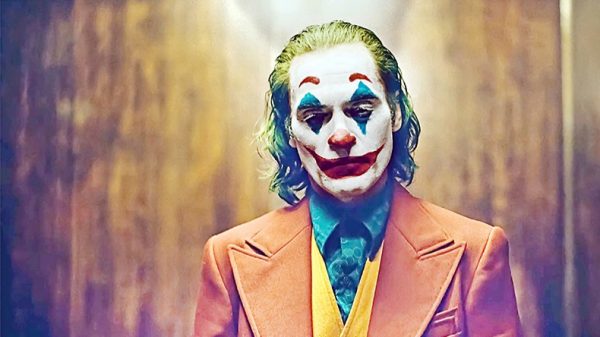
Movements resulting from whimsical actions can never be enough to change the character of a state or society. In order for that to happen, it requires extensive political planning and practice. Revolts in different corners of the city demonstrate that what is happening in the state or society is not right. This anomaly has to be fixed. But it has to be done differently, writes Bidhan Rebeiro
AT FIRST, he thought the world was full of sadness, but he later realised that was not the case. It was all a joke. A joke of the powerful towards the weak, of the strong towards the sick, of the rich towards the poor and of the powerful towards the wretched. Arthur began learning all these at the expense of his life. As a result, he began punishing the jokers by beginning ‘jokes’ by himself. This joke was full of cruelty. He, therefore, chose to name himself ‘Joker’, not ‘Clown’ or ‘Comedian’. Thus, Joker begins his life of anarchy. From a psychoanalytical perspective, he destabilises and destroys the authority of the father and commits patricide. He thought he would possibly gain something out of this, but does anarchy of such scale bring him any freedom?
Joker from the Batman Series of DC Comics is a perverse and cruel antagonist. He first appeared in the first issue of the Batman Series on April 25, 1940. Bill Finger, Bob Cain, and Jerry Robinson are the creators of Joker. At first, they plan on eliminating the character Joker at one point, but the plan took a reverse when gradually Joker emerged as a very popular character as Batman’s biggest enemy and earned the nickname — the crown prince of crime. Recently, Todd Philips has directed a film based exclusively on this character. Phillips in his film has created a counter-narrative of how Joker has been portrayed in popular literature and films that portray him as a sadistic and invincible conman having mental disorders. Philips tells us the story of how society, through its repugnancy, transforms a helpless man into someone like Joker. This story of transformation includes homicide and anarchy. Before we go any further in discussing whether the path Joker/Arthur took would earn him freedom or not, let us learn briefly about Philips’ Joker first.
1
IN THE 1980s; amidst crime, violence, poverty, and joblessness, Gotham city crumbles. The aspirant stand-up comedian and party clown Arthur Flake lives in a small apartment with his old and ailing mother. Mentally unstable Arthur does not know how to control his uncontrollable laughter and invasive thoughts. He suffers from the pseudo-bulbar effect and keeps a printed card with him so that if he begins laughing all of a sudden, he can show the card, hence people wouldn’t misunderstand him. Despite this, people get disturbed by his sudden uncontrollable laughter.
Arthur, suffering from loneliness and depression, gets medicines under the social welfare scheme. But this does not help him at all because due to the nature of his character and the type of work he is in, he has to undergo difficult situations. No one gives him consolation or comfort to help him reduce his mental distress. How can he cure his mental disorder? Arthur has to guise himself on the streets with an advertisement board as a Clown to represent an advertisement agency. But disturbance does not leave him alone. A group of stalkers harass him there; they eventually snatch the advertisement board away from him and destroy it. Besides, they mercilessly beat the always-scared Arthur. Arthur, as a result, develops paranoia. To give Arthur courage, one of his fellow clowns, Randall from the advertisement agency, gives him a revolver.
The revolver transforms Arthur. While performing at a children’s hospital as a clown, the revolver slips away from his pocket. Although he tells the scared children that it is a toy, it does not help the situation. Arthur ends up losing his job. Even Randall denies that he gave Arthur the revolver. Afterward, a devastated Arthur faces an unprecedented turn of events on a train. Three apparently spoiled brats harass a woman inside the train. When the woman changes her seat, Arthur begins laughing uncontrollably. The three men become infuriated and begin beating him. After tolerating the beating for a while, Arthur brings out his pistol from his pocket and shoots at them. Two of the three immediately dies and the third one tries to flee in horror. But he cannot escape from the wrath of Arthur. As a matter of fact, all three of them were employees of the corporation of Thomas Wayne, who is also a mayoral candidate in the ensuing election.
The incident of triple murder stirs unrest in the city. On the other hand, billionaire Thomas Wayne makes an equivocal comment that people who cannot achieve success in their life are jealous of his success, and when he looks at them, he sees clowns. That stirs controversy and people from the lower class of the society get agitated. Besides, as Wayne was campaigning for the mayoral election, things take a political turn. The poor and necessitous people bring out processions wearing masks of clowns. The conflict between the poor and the rich comes at the forefront of the movement.
Following the civil unrest, social services are shut off. Arthur cannot collect his medicines. Despite that, he keeps trying to make a name as a comedian. But his weird, uncontrollable laughter comes as a big obstacle. He gets insulted in a programme. But, the comedian Arthur has always idolised, Murray (acted by Robert de Niro) makes fun of him by showing the clip of Arthur’s in his TV show. Arthur has always hoped that Murray would one day call him on the stage and embrace him. But it devastates him when the opposite happens.
In the midst of all the chaos, he comes to learn from his mother that the billionaire and mayoral candidate Wayne is his biological father. He finally gets to meet Wayne after attempting twice. But on both occasions, Arthur is told that his mother had a mental disorder. Wayne tells him directly that he was a foster child. His mother merely worked for Wayne and Wayne never had any relationship with her. While digging into the truth of Wayne’s statements, Arthur comes to realise that he is actually an orphan. Penny raised him. During his childhood, one of Penny’s boyfriends tortured Arthur physically and mentally, which probably caused his paranoia.
Although Arthur’s foster mother tries to tell him that Wayne admitted him to a mental hospital in order to hide Wayne’s adultery, no ground of truth is found in favour of this. So, who is the liar then? Whoever tells the lie, it is true that Arthur did not have a safe and normal childhood. Arthur begins despising his foster mother. Therefore, he does not hesitate to kill her in the hospital by making her suffocate with a pillow. Arthur enters his neighbour Sophie’s apartment after committing the murder. Sophie gets extremely scared and asks Arthur to leave. It can be perceived that the friendship and romantic affairs shown previously were mere imaginations of Arthur.
The police begin suspecting Arthur for the triple murder case on the train. On the other hand, Murray, Arthur’s father figure, invites him to his TV show. While Arthur was preparing for Murray’s show, two of his ex-colleagues from the advertising agency come to meet him. One of them is Randall, who had given him the revolver. Arthur’s desire to take revenge reaches its peak. He brutally murders Randall. Arthur shows indifference towards the murder and starts for the TV station with the pistol in his pocket. Two police officers chase him on the way. But incidentally, one of the police officers ends up shooting someone other than Arthur who was wearing a clown mask. A riot erupts immediately following the murder. Arthur takes advantage and flees the scene.
Upon reaching the TV station, Arthur asks Murray to introduce him as ‘Joker’ because Murray had jokingly labelled him as ‘Joker’ in the previous show. When the live telecast of the show begins, Arthur confesses that it was he who had killed the three men on the train. Joker expresses his rage towards social injustices — how the poor are discriminated against. He also addresses that what he did had no connection with politics. Arthur’s rage accumulates towards committing another murder; he ends up shooting Murray on live television. After seeing this incident, brawls erupt all through the city. Hundreds of masked clowns come out on the streets; looting and setting everything on fire follow. Arthur gets arrested.
Amidst all the brawls, one masked clown kills Thomas Wayne and his wife. Bruce Wayne was standing nearby when his parents were killed. Bruce, later on, becomes Batman. Meanwhile, the police fail to take Arthur in their custody in the nearby police station. Rioters free Joker from the police. They act as they have met their new emperor, one who cannot be kept in police custody if he does not want it. This is the depressing life story and sad reality of Arthur, aka Joker.
2
IN ONE scene, the filmmaker of Joker incorporates one iconic scene from Charley Chaplin’s Modern Times. When Arthur goes to meet Wayne in the theatre, Chaplin’s Modern Times was being screened. Who doesn’t know that the classical film slaps on the face of the modern capitalist structure of society? The director of Joker carefully places Modern Times in his film, as if Joker is ready to slap on the face of modern society as harshly as Chaplin’s film did, the society that treats everything as outcasts that doesn’t reflect its views, calls it ‘savage’ and makes it a plaything. The way society treats mentally disordered people is exactly what happens inside the toilet where Wayne pushes away Arthur. Arthur tells him very fondly inviting compassion — can’t you be a little courteous? I don’t need your wealth; I only need a bit of warmth. But society is very cruel. It does not stop at pushing away ‘abnormal’ people like Arthur; it also attacks them, makes them bleed, and makes them become vengeful.
The truth is there are people who do not fit into the stereotypical standards of the complete human beings the society or the state has set. Does society not invite danger by alienating these people, by being inhuman towards them? In the bourgeoisie society, the poor are not considered as full humans. Likewise, people with mental disorders are also seen as sub-humans. This problem comes back like a boomerang to the state. The director of Joker has attempted to make exactly this narrative through the character of Arthur.
French psychoanalyst Jacques Lacan quotes Sigmund Freud by stating that the idea of ‘father’ is correlated with the idea of social rules and the laws of the state. These laws sometimes occupy the place of the ‘father’. The Bangla equivalent of the word mayor is ‘father of the city’, which is an interesting example of translating the word. We know that the laws and rules of a city are not perfect, the mayor works relentlessly to improve the rules, and this, at least, happens in the developed states. Gotham is an imaginary city; however, when Gotham falls into chaos, Wayne desires to be the father. And, Arthur dislikes this father figure. The city and the father figure became an indifferent phenomenon for Arthur. The people of this city have been unjust towards Arthur, and the mayor, as the father of the city, has to take responsibility for this. A fine metaphor for this transformation is seen in Wayne.
As per Lacan’s interpretation, this father or ‘father of the town’ (mayor) can be called a symbolic father. Joker seeks liberty through killing this symbolic father. Joker is not confined to Arthur anymore, he has transformed into the child who endures deprivation. Joker has become the face of the oppressed in society. The whole episode turns into a mere idea. The metaphor comes here to act. As if the deprived now have faced the complex of King Oedipus. They now enter into the world of the symbolic father where he meets the symbolic father. He thinks the absence of this symbolic figure is a better choice. He thinks the children would be happier this way. We observe this through patricide. Through Wayne’s murder, the symbolic father dies. But this absence of the father is temporary. As we know, Batman would eventually become the next symbolic father of Gotham city. The son of the murdered mayor candidate, Bruce Wayne would rule over criminals with nicknames Joker, Ra’s al Ghul, Cat woman, Penguin, Two-Face, or Poison Ivy. The fallacy of perception regarding an end to all these also occur.
Arthur kills his imaginary father too. According to Lacan, the imaginary father is nothing but an ‘Imago’. Although Carl Gustav Jung began using the word in 1911, it was through Lacan’s repeated use of the word in the following three decades that a diverse and multidimensional meaning got attributed to it. Imago can be translated as the image of something (not as in a picture). When this image is created and certain emotion gets associated with it that visually represents it, it is called imaginary father. There was a visual representation of a popular comedy show on TV for which Arthur feels emotional. When Murray calls in Arthur on his TV show then rebukes him and charges him live on TV, this imaginary father turns into a symbolic father. As a result, Arthur does not hesitate to kill Murray.
That means, both the person Joker and his alter-ego kill the symbolic father with a view to feeling liberated. But that never happens. The chaos we see at the end of the movie gives us a feeling that it might be an anti-government movement of some sort. The director of the film cleverly indicates that too. He tries to say that they want emancipation. They want an end to the fact that only a small group of people hold everyone’s freedom hostage.
It might seem at one stage that the anarchist Mikhail Bakunin or activist Rudolf Rocker has possessed over Joker and the city. They want to oust the people at the top of the social system to establish the true form of freedom where everyone would live in harmony, nobody would neglect anyone, nobody would be isolated into sanatoriums, nobody would be deprived of love and affection, and the seed of discrimination would not be preserved. People from all walks of life would have the opportunity to bloom as human beings with all the social privileges s/he deserves. As the social worker said after Arthur’s access to medicines was revoked, people belonging to the top of the ecosystem are not concerned about and they don’t even recognise people like Arthur or the social worker. That is when it feels that a change in the social system is necessary. Banging on the head of society with a hammer is just a demand of the time.
French theorist of anarchism Daniel Guérin quotes Adolf Fisher that every anarchist is a socialist, but every socialist is not an anarchist. Bakunin in his manifesto for anarchism said something similar in 1865. Later on, Rocker said the same; he said, the oppression and deprivation of anarchism have to be eliminated through the spirit of socialism. The true form of freedom has to be achieved. That freedom is not the so-called freedom of the bourgeoisie state or society; it is the complete form of freedom. There are criticisms of the idea of full freedom of anarchists. Friedrich Engels has harshly criticised the anarchists. While they advocate for the abolition of political parties, Engels thinks otherwise. Anarchists think that a state can be run by labour organisations once the political parties are abolished; but in the end, this new system would also end up reflecting the pre-existing power structure. What I mean to say is that you would assume at the end of the film that as if Phillips wants to demolish Gotham and establish anarchy.
But the truth is that this anarchy can never bring any result. This is also true for Joker and his followers. Discrimination undoubtedly exists in society, but you have to engage politically if you truly want to change society. You might create some avenues of possibilities once in a while by killing the symbolic father, but it will not bring you the freedom you need. Joker could not achieve his freedom either. The equation is not so simple though. If the discrimination that exists in every sphere of society cannot be surgically removed, if inequality in education, politics, economics, and morality cannot be fixed, people like Joker would end up becoming outcasts, and they would continue to become rebellious.
3
ALTHOUGH Joker told Murray during his TV interview that politics has nothing to do with this uprising, we know that nothing is devoid of politics. Therefore, Joker is extremely political despite not being motivated by politics. Many people already compared this uprising with the ‘Occupy Wall Street’ movement of the United States. We know that that movement could not change the fate of the ill-fated. The biggest reason for its failure is that it did not have any political control.
The mass-uprising we see in Joker also reflects the agitation of the society that has accumulated over time. But this movement would not fulfil its objective because of the inherent characteristics that it failed to use political structure to achieve an objective. On the one hand, someone like Joker who has no political motif is the leader of the movement; on the other hand, he is a vindictive, murderous sadist who can never lead people towards the end of the tunnel. His unplanned anarchy would die down inside the dark alley.
At the end, movements resulting from whimsical actions can never be enough to change the character of a state or society. In order for that to happen, it requires extensive political planning and practice. However, these revolts in different corners of the city demonstrate that what is happening in the state or society is not right. This anomaly has to be fixed. But it has to be done differently.
Translated from Bangla by Md Shafiqul Islam, assistant professor, department of English, University of Barishal.



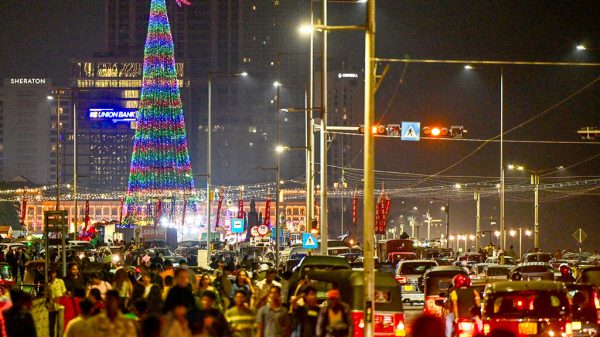
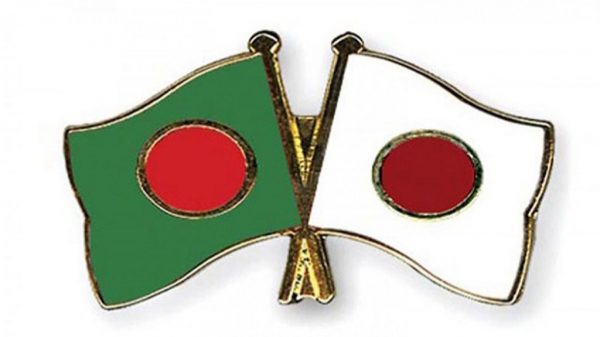
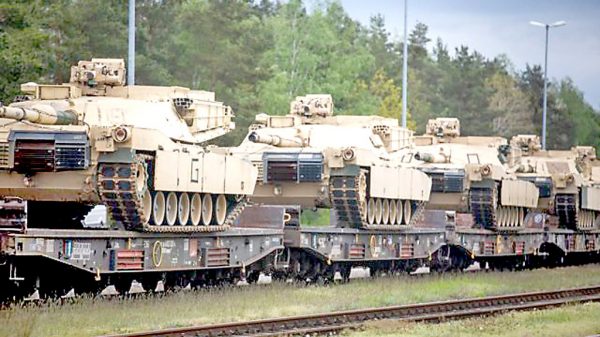
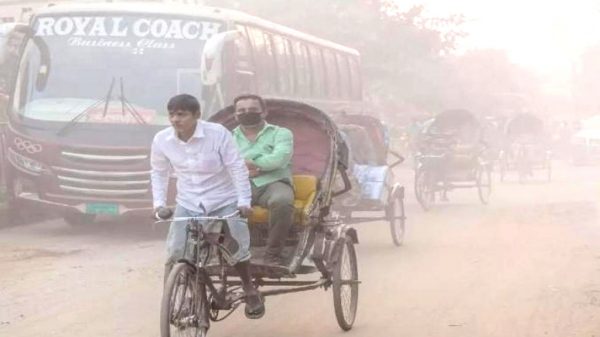
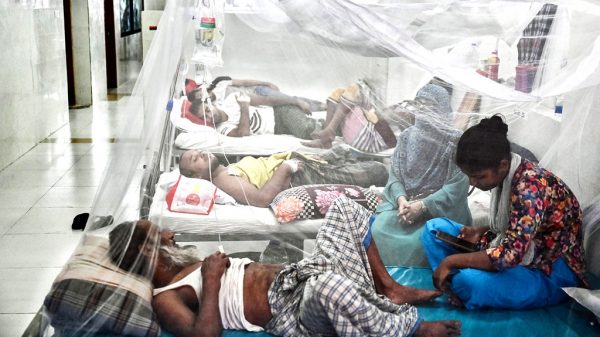
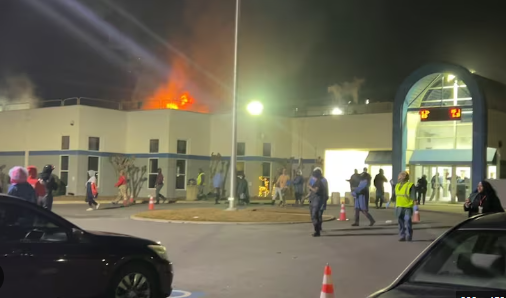
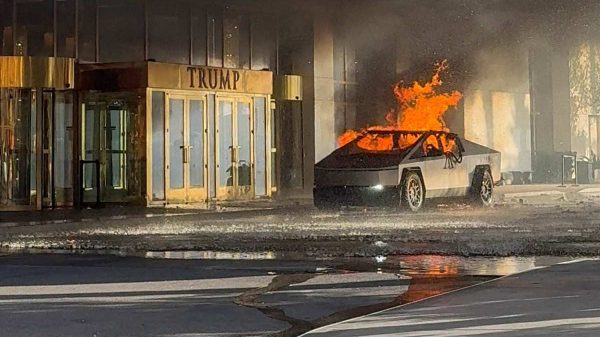
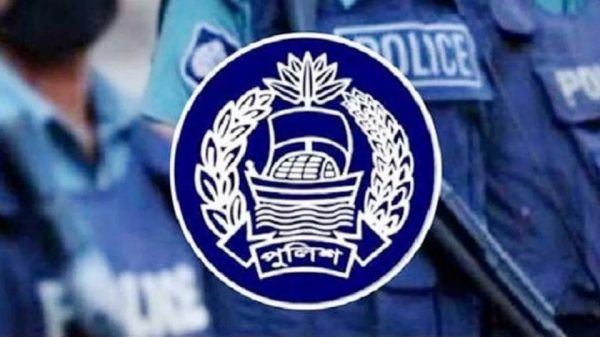
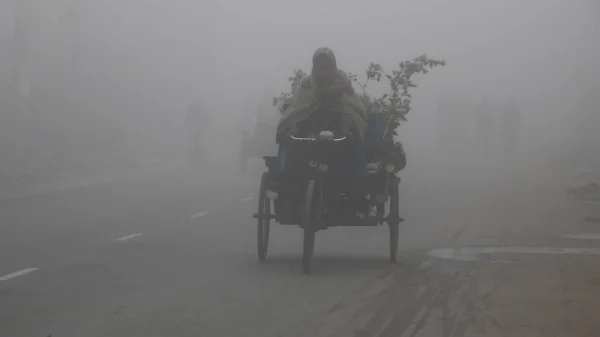

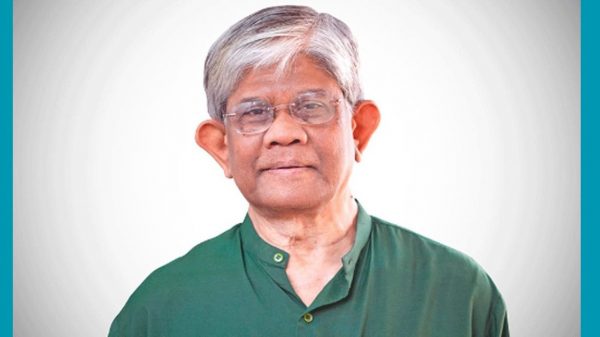
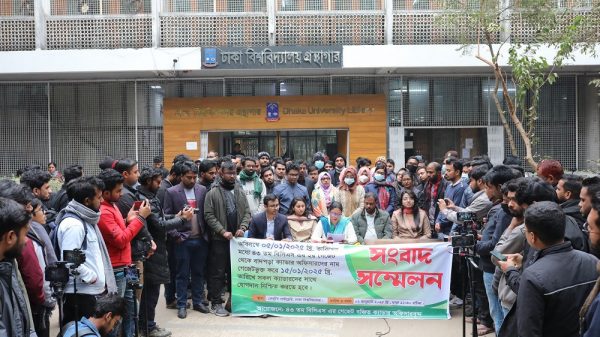
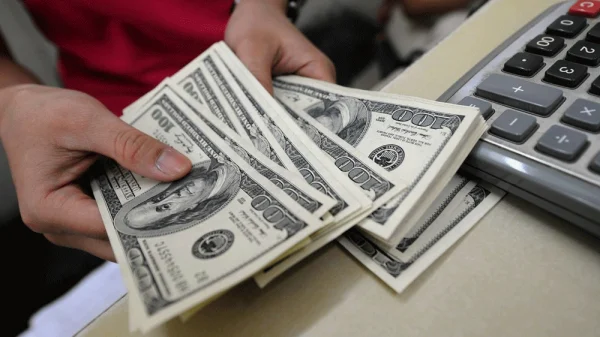
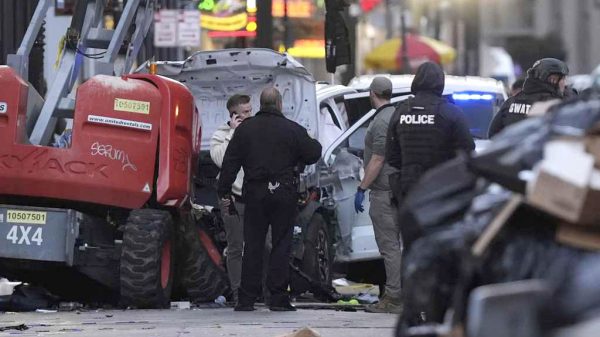












Leave a Reply